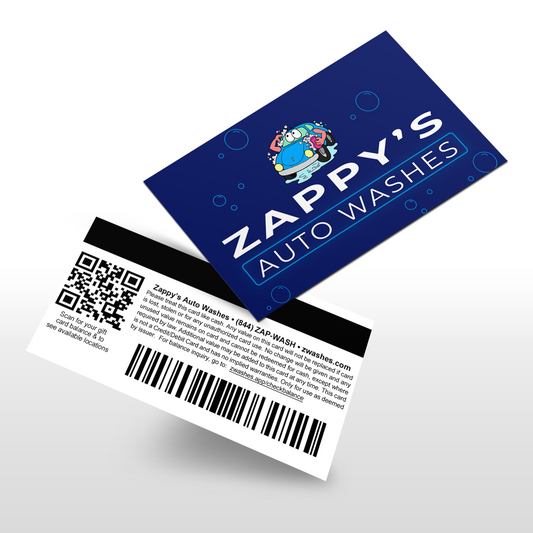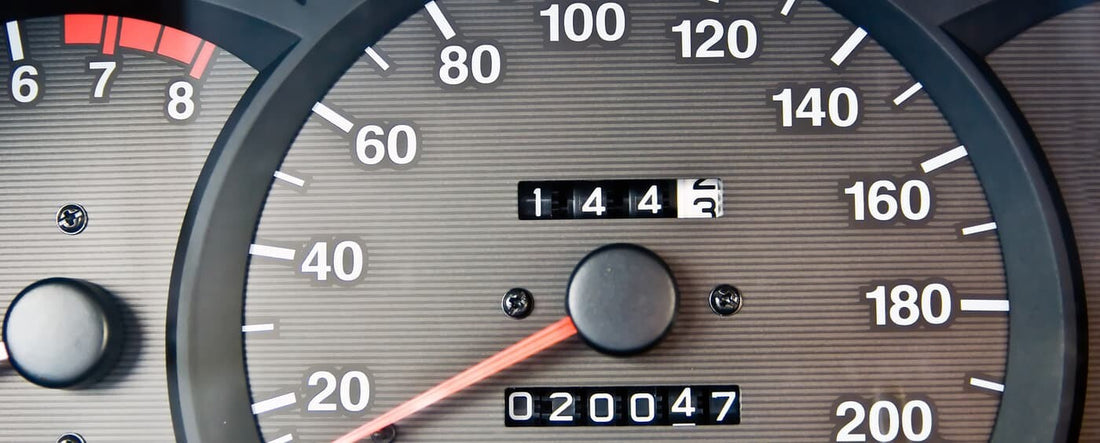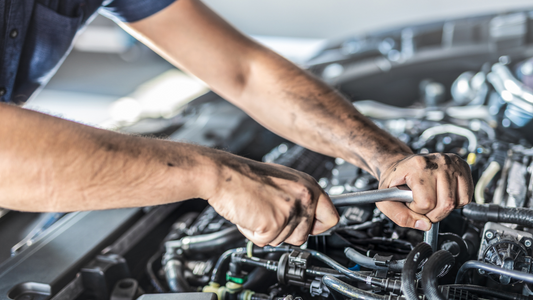You've heard that cars are supposed to last you for a few hundred thousand miles. But if your car is getting older than that, it might be time to start thinking about replacing it. An older car can start to cost more money in repairs, and it might not be performing as well as a newer one would. For example:
For example, a study by the University of Michigan found that vehicles over 10 years old consume 33% to 35% more fuel per mile compared to newer vehicles. Another analysis by EPA researchers found that vehicles with damaged engines and exhaust systems could see a 40% efficiency loss.
As you probably know, gas mileage is getting worse. But this isn't just because of the current energy crisis or rising pump prices. It's a long-term trend that's been happening since before World War II—even if you're driving a new car, your mileage will probably get worse over time.
We've all seen it: You buy a shiny new vehicle, and then your fuel economy drops off after just a few years. For example, a study by the University of Michigan found that vehicles over 10 years old consume 33% to 35% more fuel per mile compared to newer vehicles. Another analysis by EPA researchers found that vehicles with damaged engines and exhaust systems could see a 40% efficiency loss.
Why does this happen? Well for starters: Older cars use more fuel simply because they're older--they haven't been updated with modern technologies like variable valve timing (VVT), which adjusts the timing of an engine's valves to optimize performance at different speeds; they lack catalytic converters or other emission control devices; their suspension components may have worn out over time; they have less aerodynamic drag due to outdated bodywork; etc... These things all contribute toward making an older car less efficient than its newer counterparts--and even if you're driving around in something brand new right now today doesn't mean it won't start losing efficiency once it hits age 5!
Every car has an EPA rating for fuel economy. Most cars will perform better than this estimate, but older cars rarely perform as well as their new counterparts. Gas mileage naturally decreases with higher mileage.
Automakers are required to provide the EPA with their vehicles' fuel economy ratings. The Environmental Protection Agency (EPA) uses a standardized test drive route in order to estimate how much gas your car will use over the course of a year. This estimate is called the EPA's "official" fuel economy rating, which you can read about on the window sticker for your car.
The problem with these official EPA ratings is that they don't take into account how you actually drive - maybe you don't spend as much time in traffic jams, or maybe you're better at accelerating quickly without braking as often as most people do. When it comes down to it, there's no way for anyone but you and your mechanic (and maybe an engineer from your manufacturer) to know exactly how efficient any given vehicle really is once it hits the road.
You can make your vehicle last much longer than 100,000 miles if you take care of it like a valued member of the family. Monitor your car’s performance and make sure to keep up on regular maintenance, including engine oil and filter changes, brake work, tire inflation and regular tune-ups.
- Check your tire pressure.
- Make sure that the tires are not worn down to the point where they will no longer hold any air.
- Look for leaks in the brake system, such as hoses or rotors, as well as transmission and power steering leaks. If you find any, get them repaired immediately before they lead to bigger problems.
- Always check your radiator fluid level to make sure it's at least halfway up the reservoir when cold, but preferably a little higher than that if possible (1/3+). If there's less than a few inches of coolant left in it when hot, then you're going to need some new coolant soon!
The Bottom Line:
Given that older cars are not as efficient as new cars, that’s just the way it is. If you want to keep your car on the road for a long time (and save some money), then you need to take care of it like a member of your family. Regular maintenance can help your vehicle perform better, last longer and save you money in the long run.









